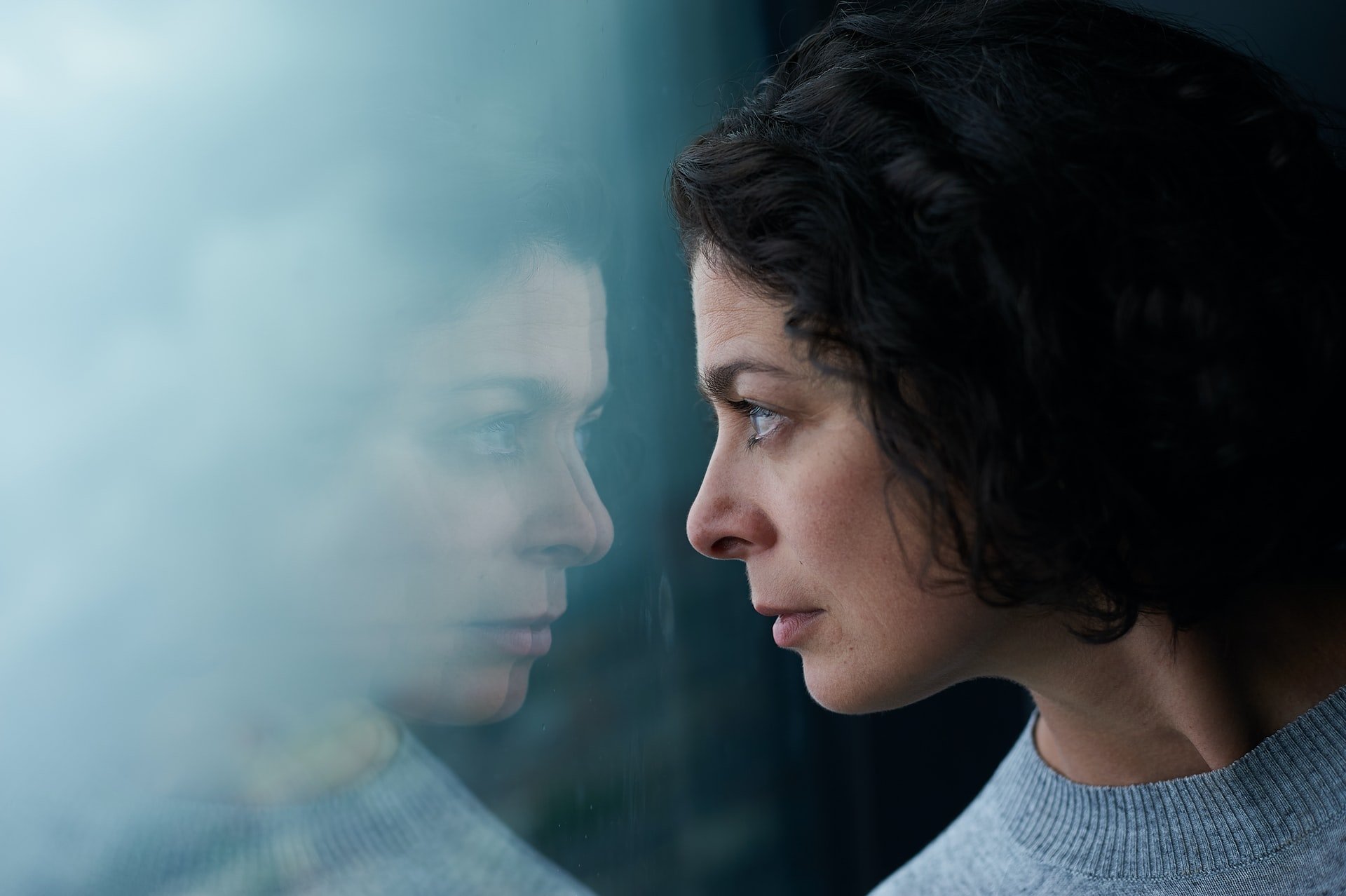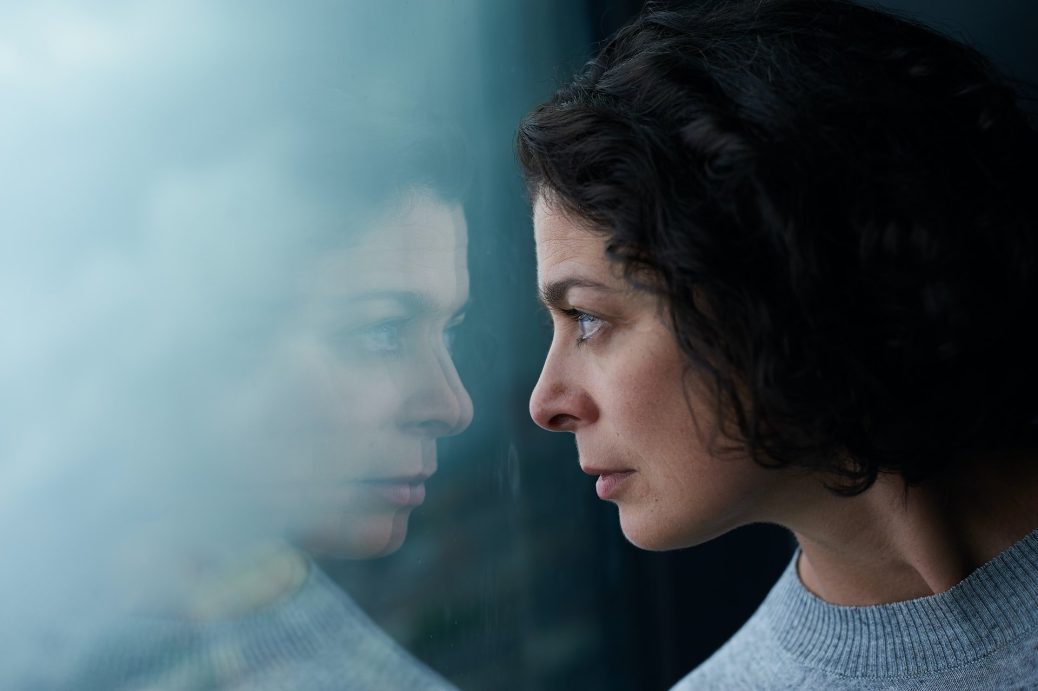
I was struck by an opinion piece by CNN’s Chris Cillizza about his Covid anxiety and why it’s spiking now. He talked about how his personal battles with health anxiety and compulsive behavior predating this pandemic are now exacerbated as he tries to navigate himself and his family through the complex intricacies of the moving target of Covid.
“I’m exhausted from the constant not knowing,” he says. “Each new day feels like it brings a darkening prediction of what the future holds, and I’m tired. I am a creature of habit. I love knowing what the next day will bring. With the pandemic, it feels like the situation is changing by the hour.”
As a psychotherapist and human being with my own leanings towards anxiety, this resonates with me and know for many others too. Everyone can relate to Covid “fatigue” but what Chris is talking about is different. If you don’t have mental health vulnerability across the anxiety spectrum or a history of threats to your physical, emotional or psychological safety, you possibly don’t understand those who find themselves activated again now as we slog our way through Covid’s murky waters, this time with Omicron.
I’ve noticed that there can be a very harsh or dismissive response to those expressing fear or a strong need to follow the recommended safety guidelines to avoid getting the virus. It can feel very isolating if you are one of a social group who doesn’t appear to have the same concerns. The same goes for if you’re in a marriage where you and your partner aren’t aligned in your Covid paradigm. What does this mean for how the family behaves? How do you model aligned behavior to your kids if the couple is out of sync?
Many are simply over it and as a coping mechanism, they’ve simply put their head back under ground. Yet others are defiant, “I’m not going to live my life driven by fear!” And they continue to do as they’ve done. It’s hard to believe it was two summers ago I wrote this piece, Couples: Virus Fear vs Virus Fatigue and how best couples can navigate their differences on this topic. We are again talking about this yet thankfully, with what appears to be less virus threat (for those vaccinated) and more tools and wisdom to manage the situation. Though we still need to understand the potential impact of Long Covid (post-Covid syndrome), even with a mild or asymptomatic case. (Personally, that right there is enough to motivate me to continue to do my best to avoid Covid for my family altogether.)
Have compassion for those with Covid anxiety. Why?
 Though we are not in the same place as we were a year ago, thankfully, there are still a lot of unknowns about the full impact on society of the current variant. “Not knowing” what’s coming can be very difficult for those with anxiety. Often, they organize their lives around as much perceived control as possible (though often ultimately not helpful). The rapid spread of Omicron may be triggering them to feel out of control. Keep in mind, some of these feelings may also connected to legitimate life concerns such as questions about job impact and financial security.
Though we are not in the same place as we were a year ago, thankfully, there are still a lot of unknowns about the full impact on society of the current variant. “Not knowing” what’s coming can be very difficult for those with anxiety. Often, they organize their lives around as much perceived control as possible (though often ultimately not helpful). The rapid spread of Omicron may be triggering them to feel out of control. Keep in mind, some of these feelings may also connected to legitimate life concerns such as questions about job impact and financial security.
People who’ve experienced trauma may be internalizing this latest highly infectious wave and intense news coverage around it in the same way. Their brains and nervous systems are possibly in fight-or-flight mode which could look like hypervigilance, ruminating aloud, preoccupation, impatience or the expression of other challenging emotions. Imagine what you might feel like in an emergency situation. They may feel that way chronically right now.
Those with Covid anxiety may have valid health concerns that puts themselves or their families more at risk. I’m pretty sure most people would move mountains to try to protect their loved ones if they could. Wouldn’t you?
How you can help.
The most important thing you can do is actually what NOT to do. Avoid indicating to them that they are paranoid or too uptight which for someone suffering emotionally like this, is even more painful to feel disconnected from you. Consider it like an emotional abandonment in their time of need. Rather, validate their fears and offer an ear. Even if you don’t get it. The complication with this could be in how YOU are dealing with Covid. If you are in more of a defiant mode to avoid YOUR feelings about the pandemic, you may not be in the best place to hear them. Know that. Reflect on that and maybe even articulate that to them. People have different ways of dealing with psychological challenges and sometimes they buck up against each other.
Consider calming activities you can do together that may also serve as distractions. Quality connection, family board games and tv shows can help take their minds off their worries. Give them lots of hugs. Suggest perhaps they take down their media consumption for a bit.
Back to Chris Cillizza’s piece, it reminds me of the importance of authenticity. Sharing vulnerability during tough times can be soothing and normalizing to those who may feel alone in their experiences now. We know we are a country of divergent narratives which clearly at this point is proving to be challenging. But where we intersect is in our humanity.
What does being human look like for you? No matter what’s happening all around you, never forget your humanity. OUR humanity.
The post Have Compassion for Those with Covid Anxiety first appeared on LoveAndLifeToolBox.










Recent Comments